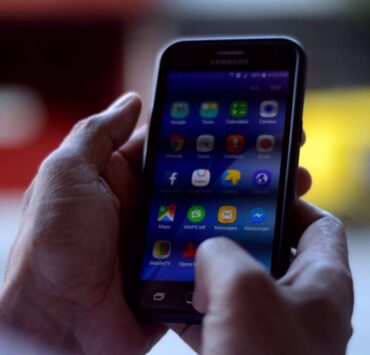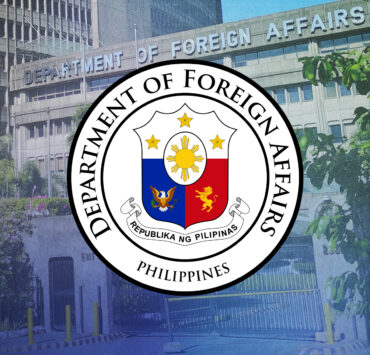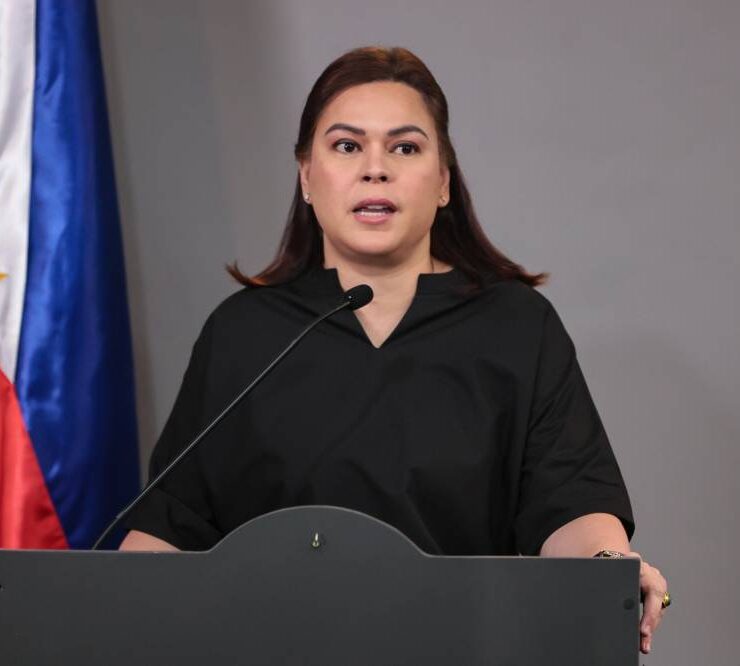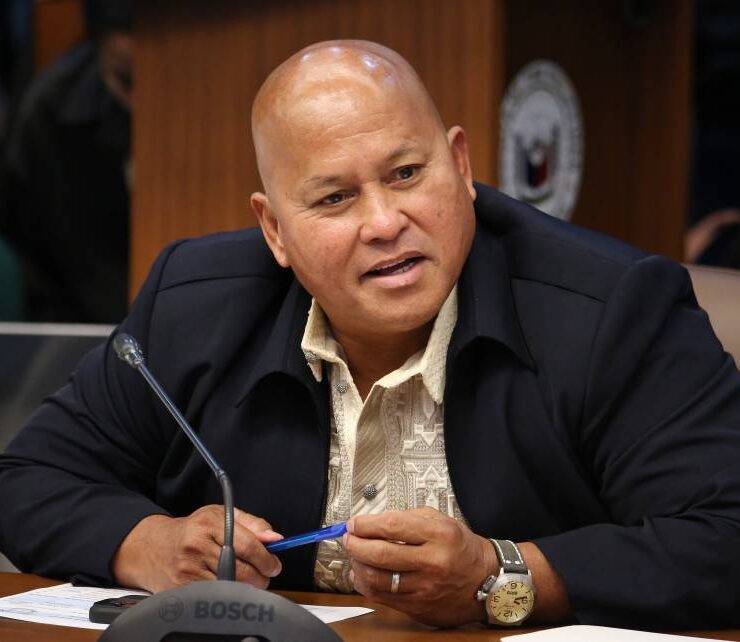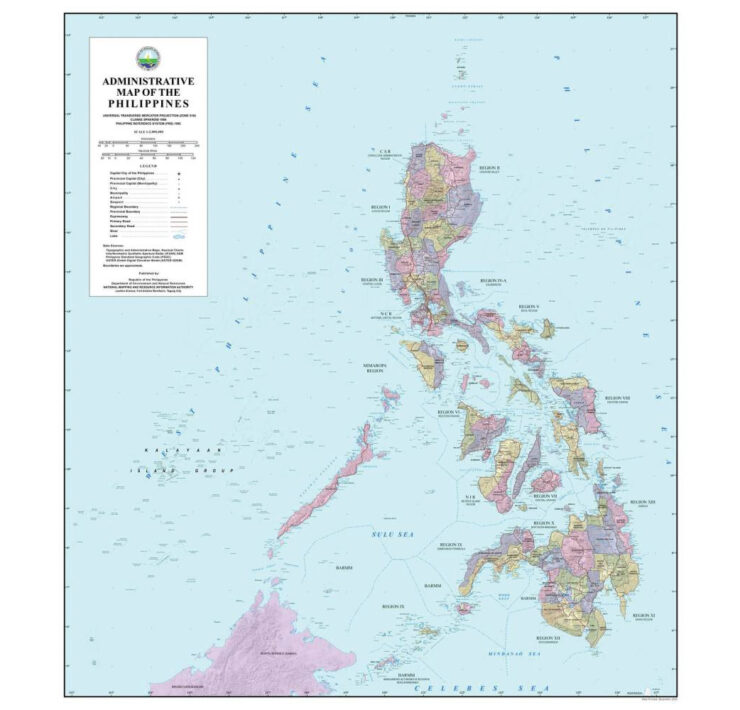Traffic enforcer appeals case, gets stiffer penalty
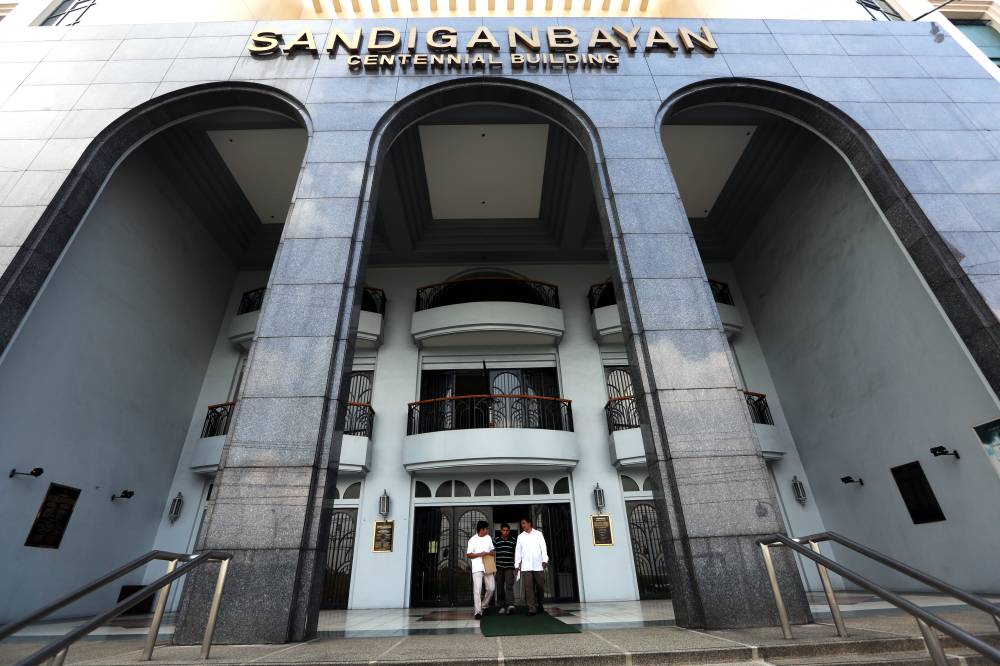
The Sandiganbayan has set aside the graft conviction of a former Manila City traffic enforcer but found him guilty of direct bribery, resulting in a longer prison sentence for the man who was caught demanding monthly “protection money” from a trucking firm in exchange for not apprehending its vehicles from 2018 to 2020.
In denying the appeal made by Joselito Garcia of the Manila Traffic and Parking Bureau (MTPB), the First Division of the antigraft court said it was convinced that a direct bribery charge “was more compatible” than the original complaint of graft against the former traffic aide accused of receiving P27,000 worth of payout money.
The revised conviction of Garcia meted him a fine of P81,000, which was computed by tripling the monthly payout, and slightly lengthened his prison term to five years, five months and 11 days from the previous five years maximum.
He was initially found guilty by the Manila Regional Trial Court of Section 3(b) of Republic Act No. 3019, or the Antigraft and Corrupt Practices Act, which penalizes public officers who “directly or indirectly request or receive any gift, present, share, percentage for himself or for any other person in connection with any contract or transaction between the government and any other party.”
Not official contract
But the Sandiganbayan pointed out that the former traffic aide could not be convicted for graft. According to the court, Garcia’s act of suspending traffic laws to accommodate the trucking firm “can hardly be considered as a ‘contract or transaction’” as defined in the antigraft law because it was not an official government contract or credit.
“Nevertheless, it bears repeating that this court is convinced that the evidence on record led to no other conclusion than that Garcia requested and demanded protection money from the [trucking company] in exchange for the nonapprehension and/or nonissuance of the traffic violation tickets in the event of any traffic violation,” it said in a 32-page resolution on Jan. 20.
It added: “That said … the court believes and so holds that Garcia is liable for violating Article 210 of the Revised Penal Code,” referring to the direct bribery charge.
Based on court records, the “payola” or payout started in 2018 when Garcia supposedly advised Salvador Jecino, owner of the trucking business, about a travel permit fee ranging from P1,500 to P2,000 for each truck traversing the roads of Manila.
Obligated to remit
But despite the lifting of the travel fees in 2020, Garcia insisted that the company was “obligated to remit” to the MTPB P27,000 per month, equivalent to a charge of P1,500 per truck.
Jecino then reported this to the National Bureau of Investigation, whose agents later caught Garcia receiving marked money at the office of Iacino Transport in an entrapment operation.
According to the antigraft court, the incident made the traffic officer liable instead for direct bribery under the Revised Penal Code.
“All told, and to the court’s mind, all the elements for the crime of direct bribery were sufficiently established by the prosecution beyond reasonable doubt,” it pointed out.














